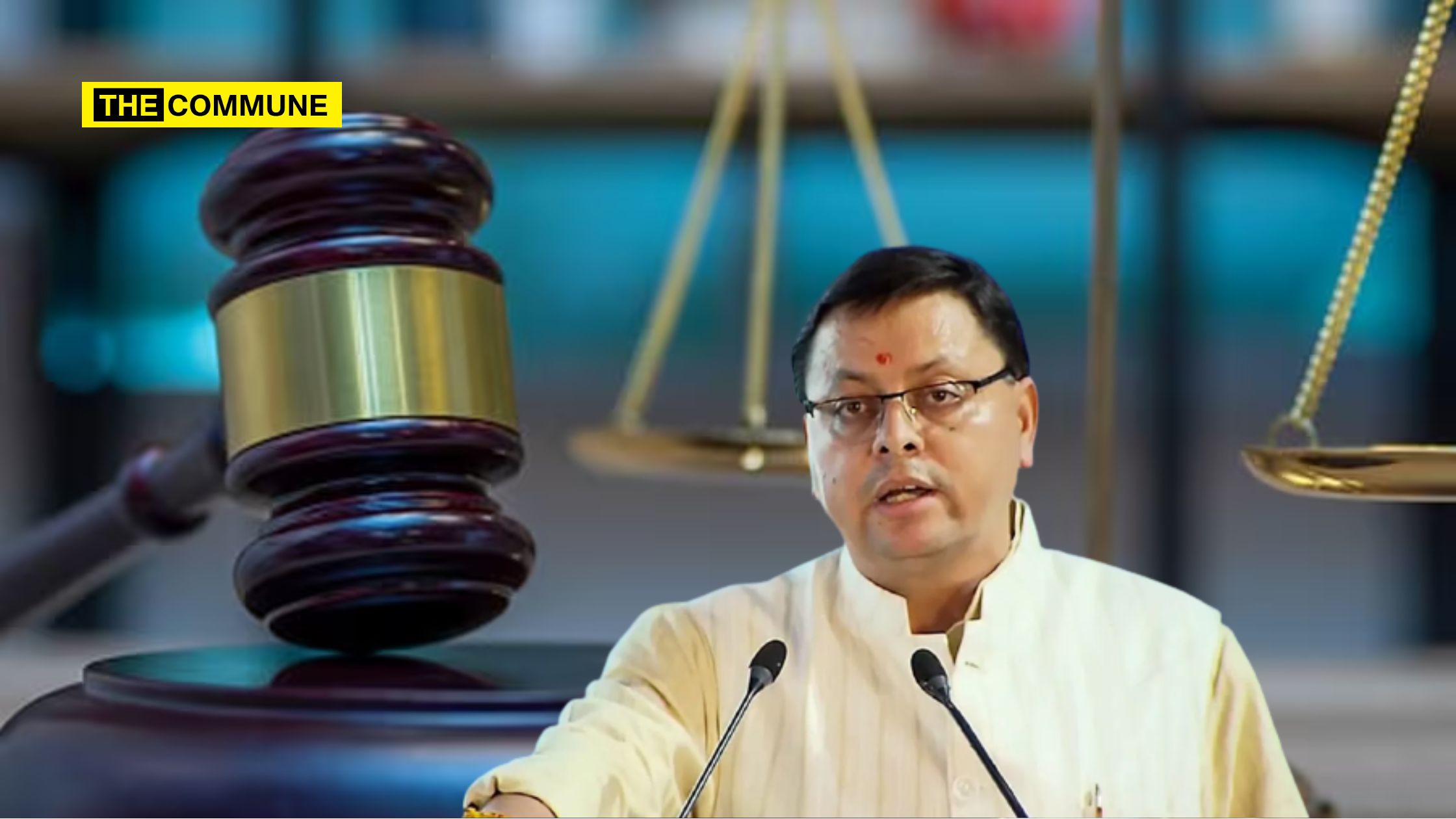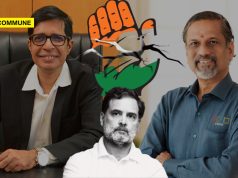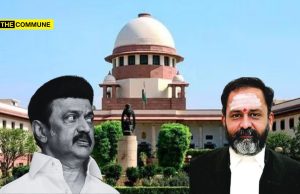
As per several sources, it is anticipated that the Uttarakhand Government will receive the draft report regarding the Uniform Civil Code (UCC) on 15 July 2023. An expert group is now working on finalising the draft report. According to the sources, another key meeting of the committee about the draft report on the Uniform Civil Code would take place in Delhi on July 9. The committee designing the Uttarakhand Uniform Civil Code has undertaken talks with a wide range of stakeholders, including people, religious leaders, and legal professionals. Documents and annexures supporting the committee’s recommendations are likely to be included in the report.
According to the sources, papers, and annexures related to the relevant legislative requirements were additionally included in support of the suggestions, as well as the production of the committee’s report. The argument over the Uniform Civil Code continues, and the likelihood of Article 44 of the Indian Constitution becoming a reality is closer than ever. PM Modi’s strong support for the UCC has brought it back to the forefront. PM Modi stated that the nation cannot function under two sets of laws. Amid the debate over the implementation of the UCC in the country, it is most likely that the Uttarakhand Civil Code Draft will be the template for the Centre’s law. In light of this, we will look into the making of the much-anticipated draft UCC from Uttarakhand.
Inclusive Stakeholder Engagement: The Draft Uttarakhand UCC Reflects Extensive Consultations
Uttarakhand will shortly introduce the UCC, CM Pushkar Singh Dhami recently stated. UCC is one of the current CM’s election pledges. Earlier, the panel’s chairman, Supreme Court Justice (retd) Ranjana Prakash Desai, informed a news conference that the draught of the proposed Uttarakhand UCC was ready and will be given to the state government shortly. Desai stated that the group prepared the code while considering all points of view and researching numerous legislation and rules, including the legislative framework in certain nations. Justice Desai chairs the five-member group drafting the UCC. It also includes Justice Pramod Kohli, Manu Gaur, a social worker, former IAS official Shatrughan Singh, and Surekha Dangwal, the VC of Doon University. The Uttarakhand government appointed this committee in June of last year to investigate options for implementing a UCC. As the draft’s publication date approaches, we will examine the committee’s efforts to guarantee broad consultations throughout the process.
This Committee has convened 63 times in little more than a year. The committee received over 2.15 lakh handwritten entries, including bulk submissions (with numerous signatures). The committee also met with over 20,000 people in person through its public outreach programme. The committee has also met with officials from political organisations, state statutory commissions, and religious group leaders. The group also invited ten political parties operating in Uttarakhand to provide their perspectives and recommendations on the issue. The Congress, AAP, and CPI did not attend, leaving seven parties to participate. The expert panel was given an office in Dehradun, which has four rooms full of mail. According to figures cited by various media sites, over 70% of the letters voiced support for the UCC.
Public meetings were conducted in a variety of locales, including Mana, known as the ‘First Indian Village’ because of its closeness to the Tibetan border, and numerous other isolated villages with restricted road access. The group met in Muslim-majority regions such as Kaliyar Sharif, Manglaur, Ramnagar, Haldwani, Kashipur, and Vikas Nagar. The team spoke with Hindu religious authorities and visited Hindu Akharas in Haridwar. In addition, the committee investigated different personal laws, religious legislation, and religious practises in India. They also examined cases that were handled by several commissions linked with civil legislation.
The committee report and a draft of the proposed legislation are expected to be released by the end of the month. It is expected that other states and the Centre will utilise this as a model to design their own UCC laws. According to reports, the Uttarakhand UCC would be widely accepted. In that scenario, it would not only serve as a model for future legislation, but it will also strengthen the legitimacy of secular India.
An Idea Whose Time Has Come
There is little doubt that UCC is a notion whose time has come. It is envisioned in the Constitution and progressive and democratic personal legislation is urgently needed. A country can only advance if its individuals’ personal laws are guided by laws imposed by democratically elected governments. If citizens are ruled by the whims and fancies of clerics dictating conditions to the people, a country will fall behind in the progress curve.
On the day of the bill’s introduction, we witnessed clamour and protest from various parties in Parliament. What precisely is the ‘uproar’ about, a concerned individual might wonder? The first point to make is that distinct personal laws are a remnant of the British empire, which built its administrative policies on the ancient notion of ‘division et impera’ or divide and rule. The state of Goa, which became a part of the Indian Union in December 1961, stands out as the only state in India that currently follows a Uniform Civil Code (UCC). This code, enforced by the Portuguese colonial authority in 1867, distinguishes Goa from other states in terms of its civil law system. India must move on from its colonial past, and this is a concept whose time has come. And, if we go by the quotation famously attributed to Victor Hugo: ‘No force on earth can stop an idea whose time has come.’ So, let us face it: this is an idea whose time has come.
(Anand Krishna is a Kerala-based lawyer and a columnist.)
Click here to subscribe to The Commune on Telegram and get the best stories of the day delivered to you personally.




